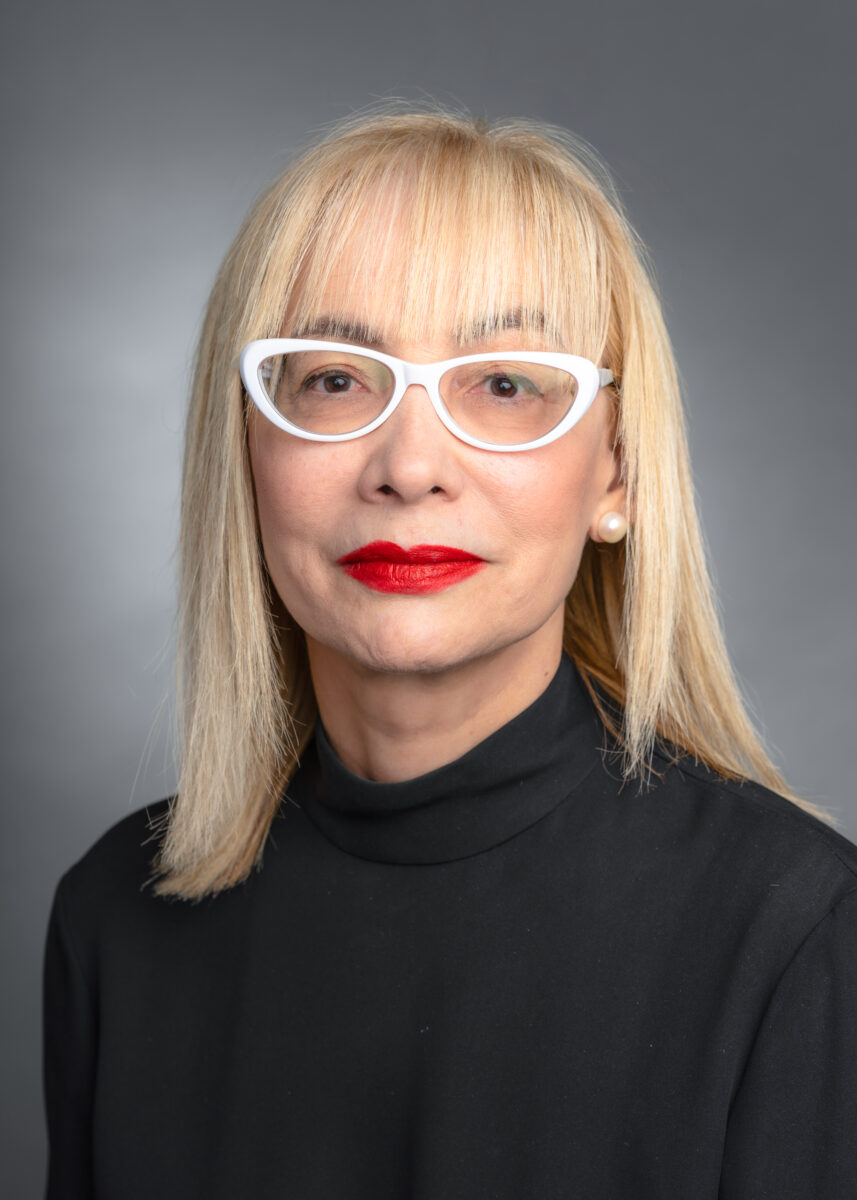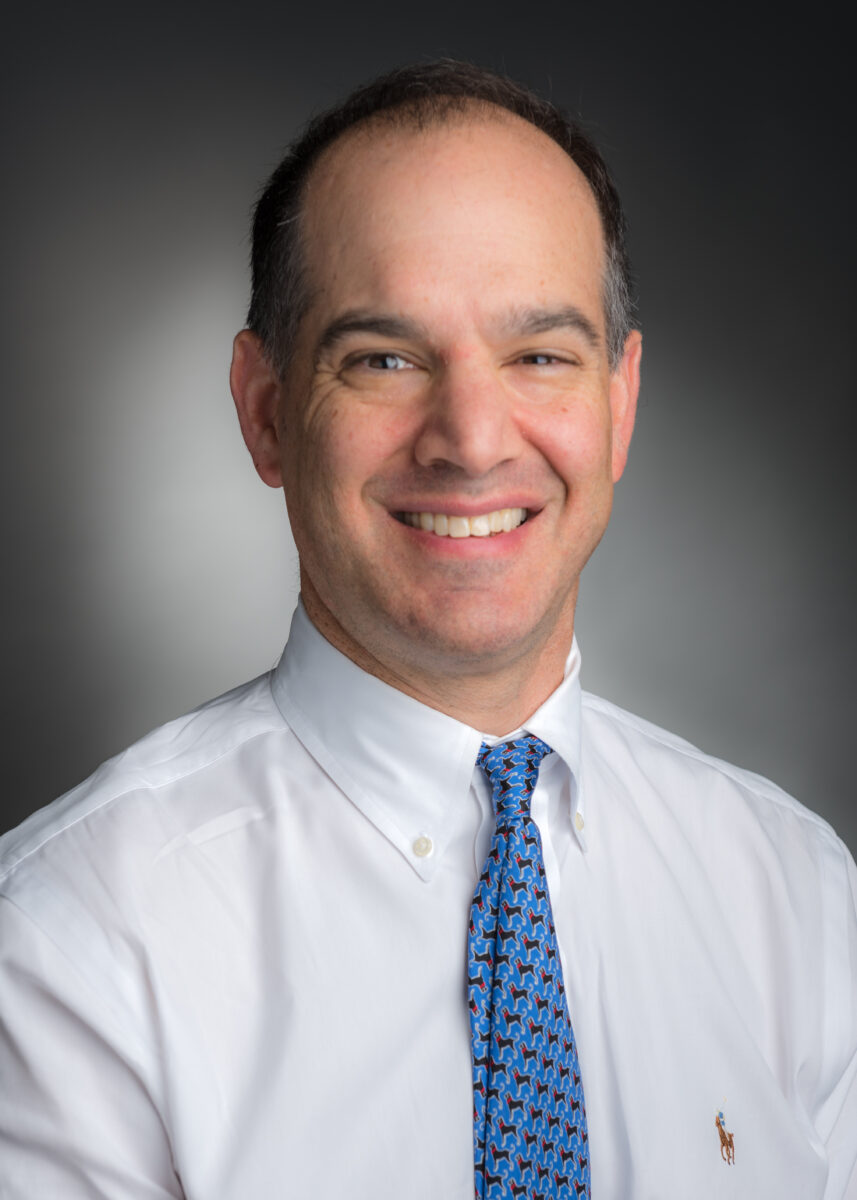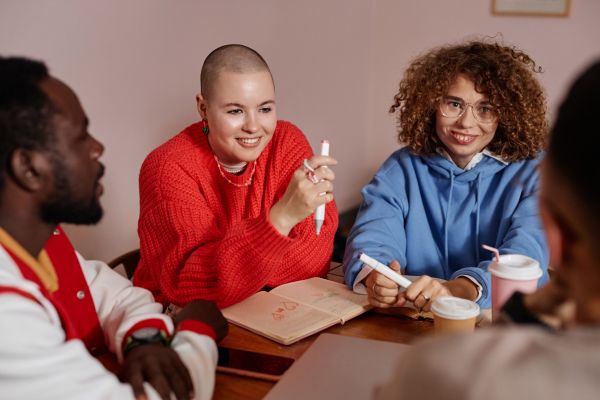Coping with Cancer in Early Adulthood
Cancer the Interrupter—and Disruptor
by Dr. Cristina Pozo-Kaderman and Saul Wisnia
As you deal with the emotional challenges of going through cancer, you’re also facing a drastic upheaval of your life. Prior to your diagnosis, you may have been enjoying a series of predictable and enjoyable routines. Now cancer has suddenly come along and created chaos.
Your full calendar is being disrupted by infusions, check-ups, and other appointments, and you’re finding yourself forced to constantly put things on hold. Whether it’s your social life (relationships with peers, dating, travel), your practical life (school, work, finances), your emotional life (self-esteem, body image, sense of identity), or your ability to deal with treatment itself and its side effects, it feels like cancer is taking over every aspect of your existence. If you have pre-existing medical issues, or previously dealt with anxiety, depression, or substance abuse, these conditions can reemerge or be exacerbated as well. And because these different realms of your life overlap and effect each other regularly, the disruptions caused by cancer often become magnified.
It can all feel very overwhelming—and unfair. That’s why learning how to balance your “cancer life” with your “normal life”—and integrating the two as best as possible—is critically important to getting through this challenging time. Rather than shutting your world down completely during treatment, explore different adjustments you can make so that you can continue doing what’s most important. While it might be tough to ask for assistance, and not something you are accustomed to, you may be surprised by what people are willing to do to help you in this pursuit.
Here are some examples:
- If you’re in school, seek out extensions on assignments or time accommodations for tests from your professors, notify the office of accommodations, perhaps drop a class, or even consider taking a semester off. You should be able to get tuition reimbursement or deferrals for serious medical issues (check with your school’s bursar’s office). Your treatment team can provide a letter or other documentation as needed. Many colleges, universities, and trade schools offer virtual classes, so that’s another option to explore.
- If you’re working, consider shifting to a part-time schedule for a period, or getting your chemotherapy close to the weekend to minimize the number of sick or half-days you need off. If you find it necessary to take a long period of full days off, you could be eligible for up to twelve weeks of unpaid, job-protected leave under the federal Family and Medical Leave Act (FMLA). The FMLA only applies to private companies of fifty or more employees, but several states have extended this benefit to all private employees. In some cases, paid medical leave may also be available (check with your employer). Consider applying for short- or long-term disability and explore your other options.
- If you’re planning a big trip, check in with your clinical team before assuming you need to cancel it. If your trip is planned around a special event, like a family wedding, your team may be able to adjust your chemotherapy cycle or other treatment so that you can attend and feel at your best (the more advanced notice you can give them, the better). If your team advises that long trips are not advisable for a certain period, plan a series of smaller weekend or day trips.
- If you enjoy exercising, find ways to alter your workouts during treatment. If you’re used to running marathons, train for a 3K or walk three times a week instead. If you normally go to the gym four days a week, shoot for one or two. Many cancer centers have exercise classes designed specifically for patients, run by experts who can help find the best fit for you depending on your type of cancer and treatment schedule.
Excerpted from “COPING WITH CANCER IN EARLY ADULTHOOD” By Cristina Pozo-Kaderman, PhD and Saul Wisnia. Copyright © 2025 by SIMON & SCHUSTER, LLC. Used by permission of the publisher. All rights reserved.


Dr. Cristina Pozo-Kaderman is a leading psychologist specializing in young adult psycho-oncology.
Since 1999, Saul Wisnia has been senior publications editor-writer at Dana-Farber Cancer Institute. A former Sports and News correspondent at The Washington Post and feature reporter at The Boston Herald, his articles have also appeared in The Boston Globe, Sports Illustrated, and many other publications. He is the author or coauthor of numerous books including the Library Journal-starred guide Spinal Cord Injury and the Family and The Jimmy Fund of Dana-Farber Cancer Institute.
Photos by Sam Ogden.


